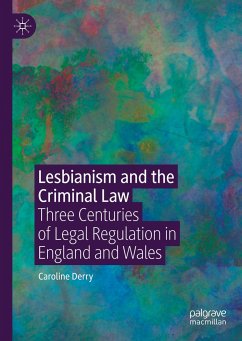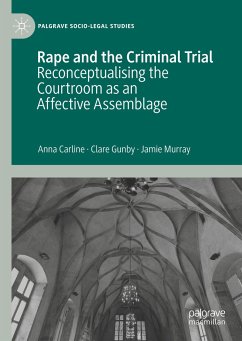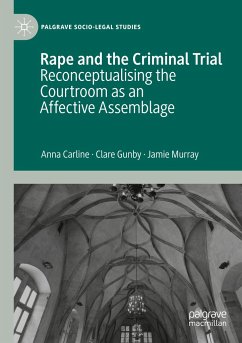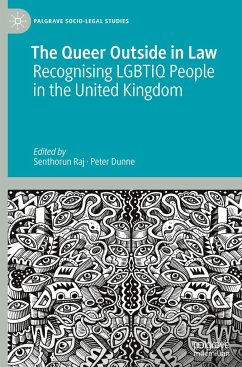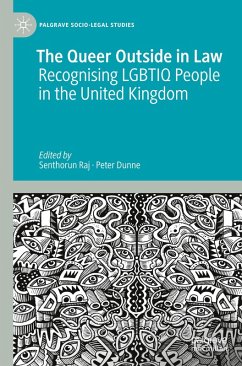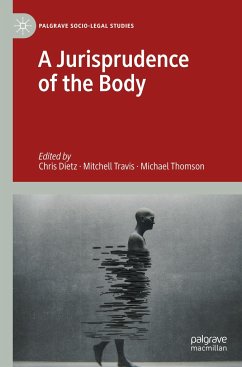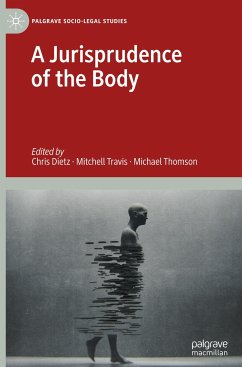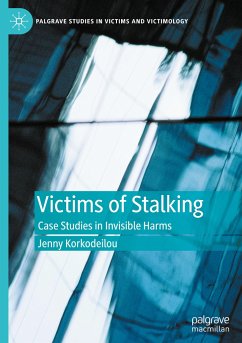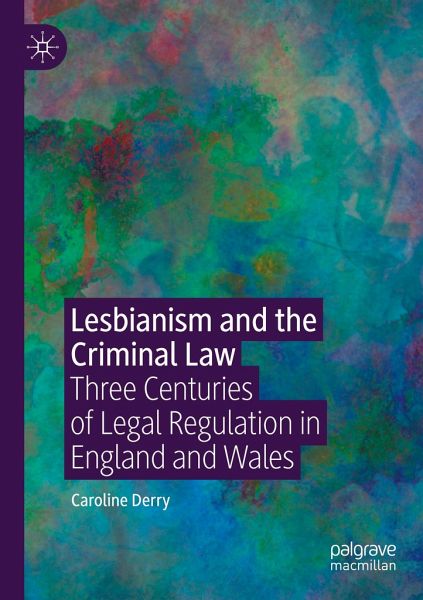
Lesbianism and the Criminal Law
Three Centuries of Legal Regulation in England and Wales
Versandkostenfrei!
Versandfertig in 6-10 Tagen
83,99 €
inkl. MwSt.
Weitere Ausgaben:

PAYBACK Punkte
42 °P sammeln!
This book offers a comprehensive examination of the ways in which the criminal justice system of England and Wales has regulated, and failed or refused to regulate, lesbianism. It identifies the overarching approach as one of silencing: lesbianism has not only been ignored or regarded as unimaginable, but was deliberately excluded from legal discourses. A series of case studies ranging from 1746 to 2013 from parliamentary debates to individual prosecutions shed light on the complex process of regulation through silencing. They illuminate its evolution over three centuries and explore when and ...
This book offers a comprehensive examination of the ways in which the criminal justice system of England and Wales has regulated, and failed or refused to regulate, lesbianism. It identifies the overarching approach as one of silencing: lesbianism has not only been ignored or regarded as unimaginable, but was deliberately excluded from legal discourses. A series of case studies ranging from 1746 to 2013 from parliamentary debates to individual prosecutions shed light on the complex process of regulation through silencing. They illuminate its evolution over three centuries and explore when and why it has been breached. The answers Derry uncovers can be fully understood only in the context of surrounding social and legal developments which are also considered. Lesbianism and the Criminal Law makes an important contribution to the growing bodies of literature on feminism, sexuality and the law and the legal history of sexual offences.





